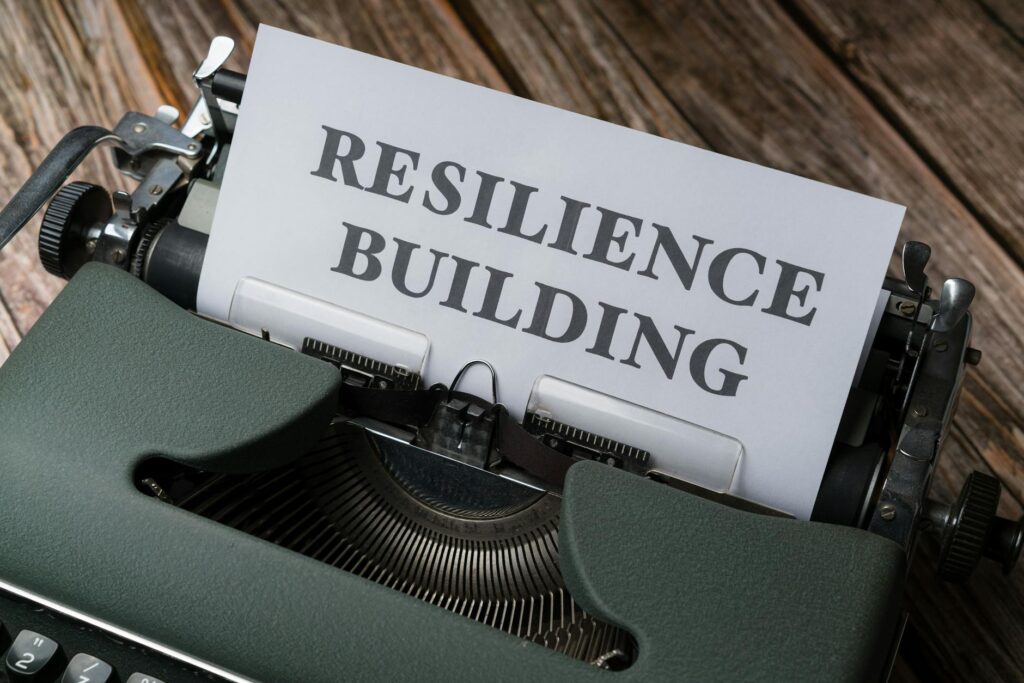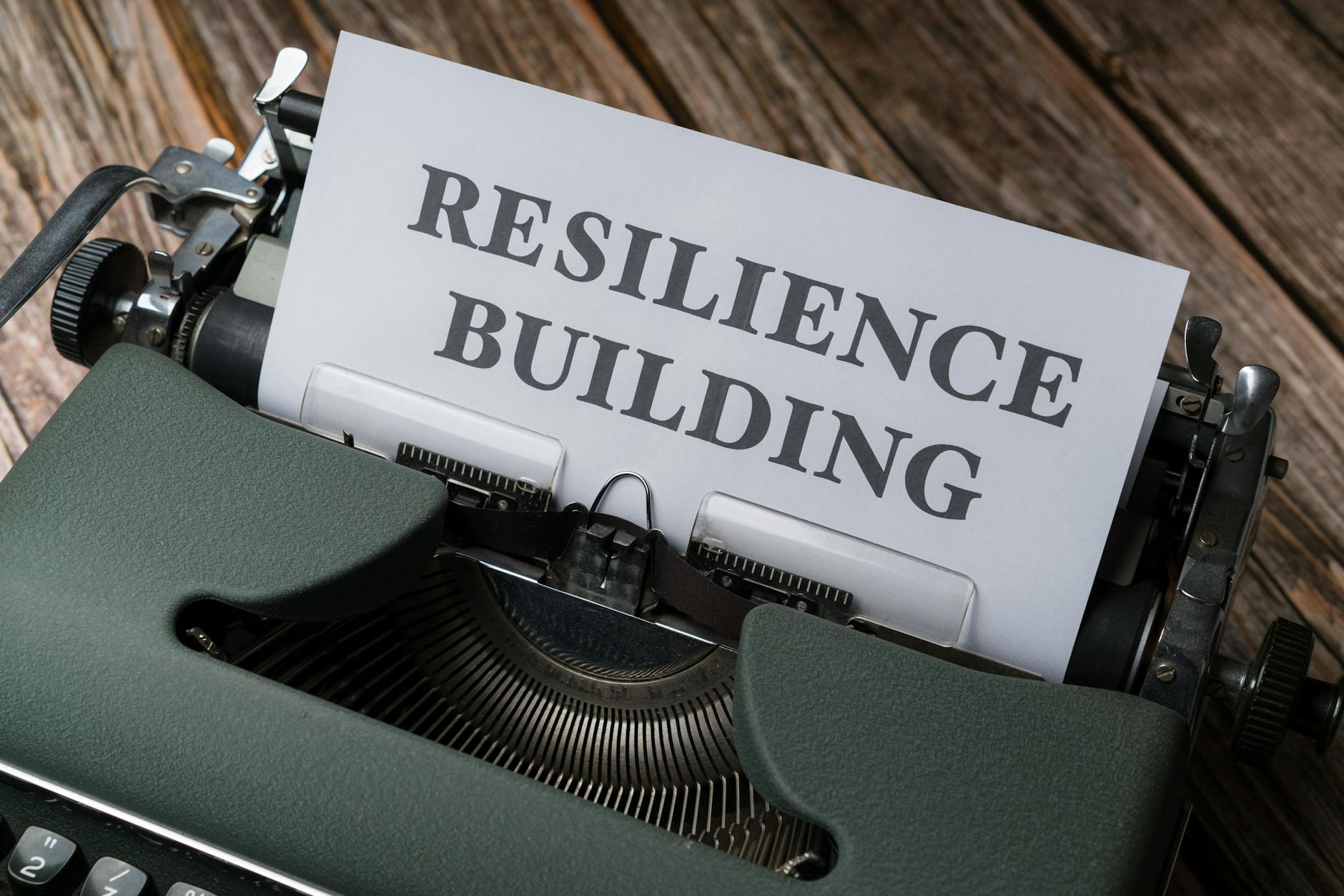What is emotional resilience training?

What is emotional resilience training?
Emotional resilience training focuses on enhancing an individual’s ability to cope with stress and adversity. It equips people with the skills to manage their emotions, recover from difficulties, and maintain a balanced perspective in both personal and professional settings. In our fast-paced world, the relevance of emotional resilience is increasingly recognized as essential for personal development, productivity, and work-life balance.
Understanding Emotional Resilience
To grasp the concept of emotional resilience training, it’s crucial first to define emotional resilience itself.
What is Emotional Resilience?
Emotional resilience refers to the capacity to adapt positively to challenges, stress, and setbacks. It involves a range of skills and attributes, including emotional awareness, flexibility, and perseverance. People with high emotional resilience can navigate life’s ups and downs more effectively, bouncing back from difficulties and maintaining their mental well-being.
Imagine resilience as a rubber band—when stretched, it bends but doesn’t break. Just like that rubber band, emotionally resilient individuals can endure stress and challenges while returning to their original state. This quality manifests in various ways, such as problem-solving abilities, optimism, and strong coping strategies.
Why is Emotional Resilience Important?
High emotional resilience carries numerous benefits in both personal and professional contexts. For instance, individuals with strong emotional resilience are less likely to succumb to stress-related issues. They can recover from setbacks faster, fostering a sense of well-being and confidence. Research indicates that emotional resilience can improve workplace dynamics and enhance overall productivity (source).
Moreover, resilient individuals tend to build healthier relationships. When facing conflicts, they are more equipped to handle emotions constructively, leading to positive outcomes. In essence, developing emotional resilience equips you with a valuable toolkit for navigating life’s challenges, making it a vital component of personal growth.
The Principles of Emotional Resilience Training
Emotional resilience training is grounded in several core principles that guide the development of resilience skills.
Self-Awareness and Reflection
Self-awareness is the cornerstone of emotional resilience. It involves recognizing your emotions, understanding how they affect your behavior, and reflecting on how you respond to various situations. By cultivating self-awareness, you can identify triggers that lead to stress or anxiety and develop strategies to cope effectively.
Reflecting on past experiences also contributes to emotional resilience. By analyzing how you’ve handled challenges before, you can learn valuable lessons and adapt your approach in the future.
Coping Strategies and Techniques
Emotional resilience training often includes teaching coping strategies that help individuals manage stress effectively. Some common techniques include:
- Mindfulness and Meditation: These practices encourage present-moment awareness, helping individuals detach from overwhelming emotions.
- Cognitive Restructuring: This method involves identifying negative thought patterns and re-framing them into more positive perspectives.
- Physical Activity: Engaging in regular exercise boosts mood and enhances overall well-being.
Through these coping strategies, individuals can develop healthier responses to stress and adversity, ultimately enhancing their emotional resilience.
Building a Support System
A robust support system is crucial for fostering emotional resilience. Surrounding yourself with supportive friends, family, and colleagues creates a network that can provide encouragement during tough times. This social connection reduces feelings of isolation and promotes a sense of belonging, which is essential for emotional well-being.
Incorporating group activities or support groups can also strengthen resilience by fostering shared experiences and collective coping strategies. The power of social connections cannot be underestimated—having someone to lean on can make all the difference.
Methods and Approaches in Emotional Resilience Training
Different methods are employed in emotional resilience training, catering to individual needs and preferences.
Workshops and Group Training
Group training sessions offer the advantage of shared experiences. Participating in workshops can enhance learning by providing a safe space to share challenges and successes. These group dynamics often foster emotional support, making it easier for individuals to express their feelings and learn from one another.
In group settings, participants can engage in role-playing exercises, discussions, and activities that reinforce the principles of emotional resilience. These interactions create a sense of community, vital for personal growth and resilience building.
Online Courses and Self-Study Options
For those who prefer a more flexible approach, online courses and self-study options are increasingly available. These resources allow individuals to learn at their own pace, making it easier to integrate emotional resilience training into busy schedules. Websites like Positive Psychology offer a wealth of information on building emotional resilience through self-directed learning.
One-on-One Coaching and Therapy
Personal coaching or therapy provides tailored strategies for developing emotional resilience. A coach or therapist can work with you to identify specific challenges and create customized plans to enhance your resilience skills. This individualized attention can lead to more profound insights and lasting change.
Practical Applications of Emotional Resilience Training
Emotional resilience training’s true strength lies in its practical applications across various aspects of life.
In the Workplace
Emotional resilience training can significantly improve workplace dynamics. Resilient employees are better equipped to handle stress, leading to increased productivity and job satisfaction. Teams that engage in resilience training often experience improved communication and collaboration, fostering a healthier work environment.
In Personal Relationships
High emotional resilience can enhance personal relationships by promoting effective communication and conflict resolution. Resilient individuals are more likely to approach disagreements with understanding and patience, leading to stronger, healthier connections with loved ones.
In Academic Settings
In educational environments, emotional resilience training is invaluable for both students and educators. Students equipped with resilience skills can better manage academic pressures and improve their overall performance. For educators, fostering resilience in their students can create a more supportive and conducive learning atmosphere.
Conclusion
Emotional resilience training offers a powerful way to build essential skills for navigating life’s challenges. By focusing on self-awareness, coping strategies, and the importance of social connections, you can enhance your emotional resilience. As you explore training options, consider the methods that resonate with you—whether through workshops, online courses, or personal coaching. This journey toward emotional resilience not only benefits you personally but also enhances your relationships and productivity, making it a worthwhile investment in your future.

Photo by Markus Winkler